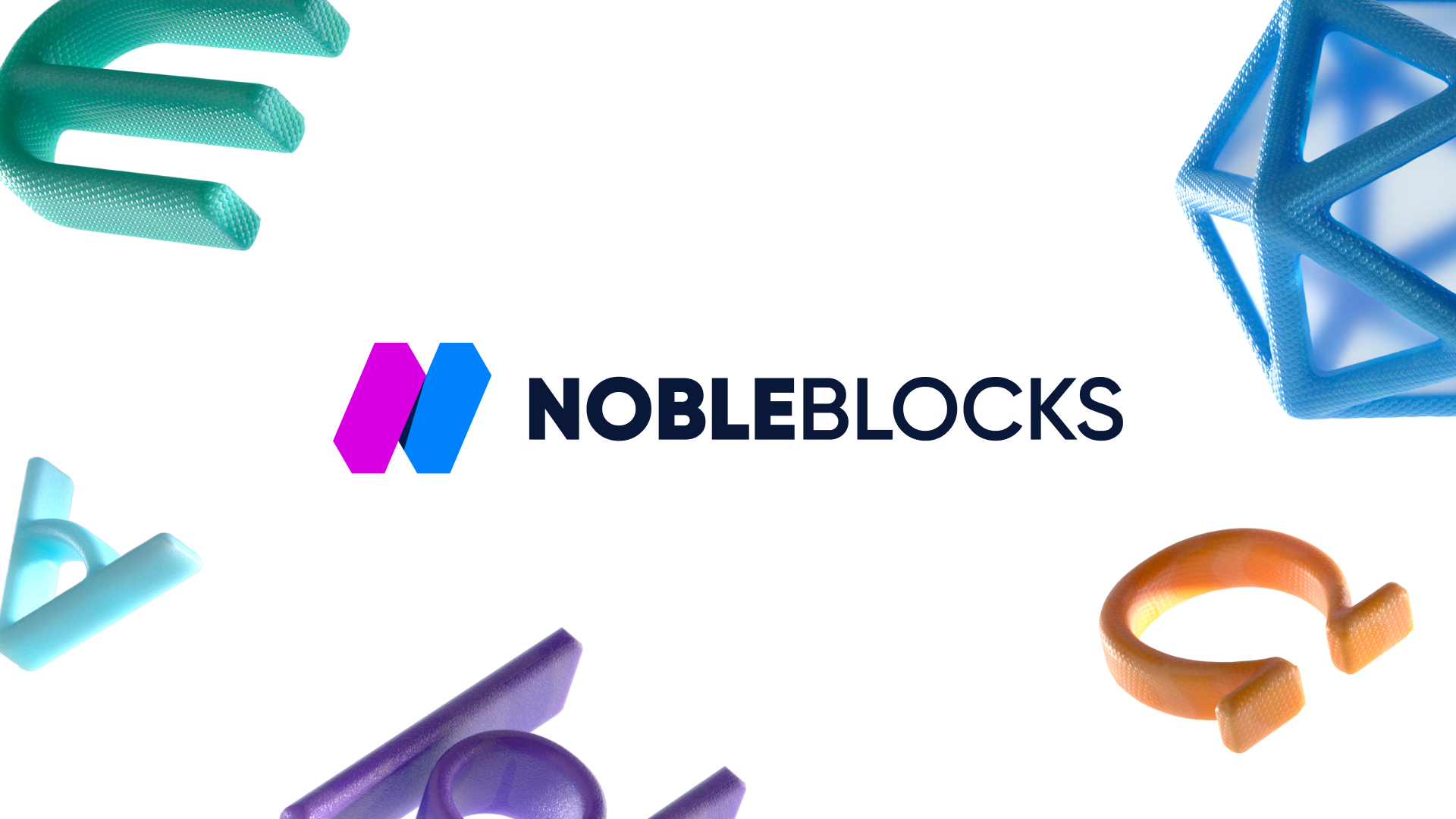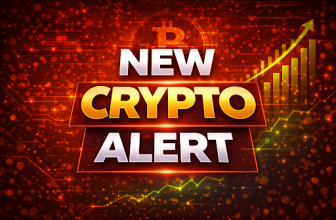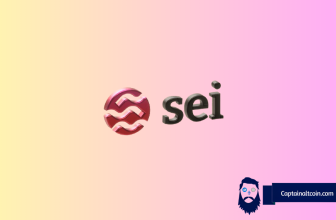
In academic research, the dissemination of knowledge is often hindered by costly, privileged, and inefficient legacy systems. High article processing charges (APCs), lengthy peer review processes, and a general lack of transparency are unjustified.
Nature Communications, a journal known for its significant impact, charges publication fees of approximately $6,800 for each accepted research article. Similarly, publishers such as PLoS ONE and BioMed Central charge fees ranging from $1,500 to $6,000.
These high financial requirements hinder the dissemination of scientific discoveries, especially by disadvantaging researchers in economically constrained institutions and countries.
Although scientific breakthroughs occur worldwide, prestigious regions generally have an advantage in recognizing and publishing these ideas. This gatekeeping not only slows down scientific progress but also maintains a status quo that favors well-funded and Western-based institutions.

The traditional workflow of peer-reviewed journal publishing. Source: Researcher.Life
Consider the journey of Katalin Karikó and Drew Weissman. Rejected by funding agencies and prestigious journals, Karikó and Weissman created the basic research for mRNA-based COVID vaccines and ultimately won the Nobel Prize.
Additionally, while incremental scientific findings can pave the way for large-scale innovations, their full potential and patentability may not be realized due to biases. The backstory of the CRISPR tool, initially published as a general mechanism, is an innovation now dubbed “molecular scissors.” The tool continues to transform genetic engineering by allowing precise editing of DNA sequences.
What you'll learn 👉
Academic Revolution with DeSci
Blockchain technology can overcome inefficiencies in the academic paper publishing process by providing a secure, transparent and decentralized platform for managing submissions, peer reviews and publications.
Harnessing and applying blockchain’s unique features, such as decentralization, immutability, and transparency, can create an environment where scientific research and publishing are more open and collaborative. Of course, the concept of decentralized science (DeSci) ensures that every transaction, from manuscript submission to peer reviews to final publication, is permanently recorded and clearly verifiable.
Blockchain technology supports the reduction of bias and corruption by providing an immutable ledger, ensuring that no single organization has excessive control over the publishing process. Additionally, DeSci can automate various aspects of the editorial process, making it easier, faster, and more efficient, thereby reducing publishing costs.
The decision of what gets published is still determined by a community of peer reviewers, maintaining the integrity of the process.
NobleBlocks: A More Fairer Academic Publishing
When implemented correctly, a DeSci platform like NobleBlocks can make the peer review process more fair and sound. The platform eliminates APC payments and democratizes access to publishing opportunities. Researchers from any geographic location or economic background can share their findings with the world, breaking free of traditional constraints that once hindered innovation and inclusivity.

NobleBlocks is enhancing its platform to improve user-friendliness and accessibility. Source: NobleBlocks
Prioritizing transparency, NobleBlocks records every step of the publishing process on a blockchain ledger, from initial submission to peer review and final approval. This transparency ensures fairness by providing an immutable record that protects the integrity of the scientific process, safeguards intellectual property rights, and guarantees that the true value of research is recognized without bias or undue influence.
The platform uses a token-based economy to facilitate transactions within the academic ecosystem, ensuring a fair peer-review process. The native token, NOBL, accelerates the publication process and rewards stakeholders, such as authors, referees, and editors.
By incentivizing timely and thorough reviews with NOBL tokens, the platform promotes fairness and accountability in the peer-review process, ensuring that contributions are recognized and rewarded equitably.
Author’s Journey to Scientific Publishing
In NobleBlocks, authors can earn NOBL by contributing to the community through peer reviews or other valuable activities. They can then use this earned NOBL to submit their manuscripts, providing key details about their research. This innovative approach not only streamlines the initial submission process but also mitigates the need for expensive article processing charges (APCs), ensuring fairness for everyone involved.
After the manuscripts are uploaded, editors receive notifications and evaluate them for scientific quality and relevance. The system assigns articles to the most suitable referees and rewards participants with NOBL tokens for their detailed and high-quality reviews.

NobleBlocks addresses imbalances in scientific publishing with blockchain. Source: NobleBlocks
Once a manuscript is approved, it undergoes copyediting and formatting, with these final adjustments also facilitated through token transactions. The document is checked one last time before being permanently recorded on the blockchain.
Embracing AI for Future Innovation
NobleBlocks is preparing to embrace artificial intelligence (AI) to improve the efficiency and precision of its peer review processes further. This progress promises to accelerate publication timelines, enhance the quality of reviews, and ensure that only the most robust scientific work goes to publication.
As NobleBlocks grows, it is sending out an open invitation to researchers, academics, and innovators from around the world to join this revolutionary journey. Confronting inefficiencies, restricted access, and imbalanced reward structures, NobleBlocks is poised to introduce a transformative approach that emphasizes fairness, efficiency, and global collaboration in scientific research.
DISCLAIMER: CAPTAINALTCOIN DOES NOT ENDORSE INVESTING IN ANY PROJECT MENTIONED IN SPONSORED ARTICLES. EXERCISE CAUTION AND DO THOROUGH RESEARCH BEFORE INVESTING YOUR MONEY. CaptainAltcoin takes no responsibility for its accuracy or quality. This content was not written by CaptainAltcoin’s team. We strongly advise readers to do their own thorough research before interacting with any featured companies. The information provided is not financial or legal advice. Neither CaptainAltcoin nor any third party recommends buying or selling any financial products. Investing in crypto assets is high-risk; consider the potential for loss. Any investment decisions made based on this content are at the sole risk of the readCaptainAltcoin is not liable for any damages or losses from using or relying on this content.




